The Munich security conference , originally scheduled for mid-February, has been postponed until a date yet to be set due to the coronavirus pandemic. The annual event brings together each year of many leaders, ministers, diplomats and scientists in the southern city of Germany.
Conference chairman Wolfgang Ischinger stressed that postponement was not a decision easy. The intention is to be able to organize physical meetings as much as possible, as soon as the circumstances will allow it.
In view of the global threats and the challenges to international security, he believes however, informal physical meetings between decision-makers are more than necessary. This which is not possible at the moment, due to the health crisis.
The 57th edition of the conference will not be able to take place before the end of April, but in mid-February the president of the conference, Wolfgang Ischinger, fixed the first meeting in a hybrid format, with many many digital events.
The special edition MSC 2021 is a television production that begins the 57th Munich Conference on security on February 19, 2021. It launches the » Road to Munich 2021 « , which paves the way for Munich Security Conference 2021 along with other events and publications. The 57th Conference Munich Security Conference will take place at a later date in 2021.
The » Road to Munich 2021 » includes various formats which jointly prepare the ground for MSC 2021 . The formats include high-level events on key aspects of the transatlantic partnership, interactive workshops, MSC publications , tabletop exercises, round tables or substantive discussions, and other events. Munich Security Report 2020 sheds light on the phenomenon it calls » Westlessness » – a widespread sense of unease and restlessness in the face of growing uncertainty over the enduring purpose of the West. A multitude of security challenges seem to have become inseparable what some call the dilapidation of the Western project. In addition, companies and Western governments seem to have lost a common understanding of what it means even be part of the West. Although this is perhaps the most important strategic challenge for the transatlantic partners, it seems uncertain whether the West can propose a strategy common for a new era of competition between the great powers.
The Munich Security Report 2020 analyzes current developments in security policy in China, Europe, Russia and the United States, and further examines regional dynamics in Mediterranean, Middle East and South Asia. In addition, it gives an overview of the problems of space and climate security, as well as threats arising from new technologies and increasingly transnational right-wing extremism.
On February 19, 2021, the special edition of MSC brought together some of the world’s top decision makers. At the same time and place where MSC 2021 would normally have started, they discussed in a live broadcast of how to rebuild and renew the transatlantic alliance and highlight the areas in which transatlantic and international cooperation are most urgent.
Joe Biden, Angela Merkel, Emmanuel Macron, Boris Johnson, António Guterres, Jens Stoltenberg, Ursula von der Leyen, Charles Michel, Tedros Adhanom Ghebreyesus, John F. Kerry and Bill Gates participated in the event entitled » Beyond Westlessness : Renewing Transatlantic Cooperation, Meeting global challenges . «
The MSC Special Edition marked the start of the » Road to Munich 2021 « . The stops on this route include high-level virtual events and initiatives to pave the way for the MSC 2021, which will take place at a later date in 2021.
« Through the implementation of a digital platform, we will ensure a lively interaction, including including digital participation in panels, roundtables, interviews and others formats, « said conference chairman Wolfgang Ischinger.
During its main conference in February, the MSC brings together more than 450 high-level decision-makers as well as opinion leaders from around the world, including heads of state, ministers, leading figures from international and non-governmental organizations, senior representatives of business, media, academia and society civilian, in order to discuss urgent questions of international security policy.
« More European, more connected, more capable: building the European armed forces of future »
– Most importantly, European leaders are making smart choices to lay the groundwork a more effective security policy. Simply doing « more of the same » would mean miss a unique opportunity that could leave Europe’s defense capabilities behind for decades.
– Achieve the goal of devoting 2% of GDP to defense by 2024, as agreed by the leaders of government at the 2014 NATO summit would go a long way in this endeavor.
– The report « More European, more connected, more capable: building European armed forces of the future « served as a basis for discussions at the MSC European Defense Roundtable in Berlin November 30. The round table brought together 50 senior representatives of European governments, parliaments, the military, think tanks and the defense industry.
Cooperate across borders: fight against illicit flows
– transnational security highlights examples of illicit cross-border flows that highlight endanger global security by financing conflict and perpetuating instability.
– decision makers on the main threats posed by illicit flows signal possible cooperative approaches, building on on-going efforts by multilateral bodies and nationals around the world.
In the broader context of the challenges facing the international order today, these Emerging transnational security threats add an additional layer to he complex security environment that decision-makers need to navigate. However, the challenge of illicit flows can also present a kind of silver lining: as states find themselves facing similar challenges that they cannot overcome on their own, this could stimulate multilateral cooperation in practice, helping to revitalize regional and global governance mechanisms.
The globalization has made the world richer in many ways. However, the progress rapid technological developments and the increase in global trade flows in recent decades have also catalyzed all kinds of illicit flows. These cross-border exchanges illegal or illegitimate are often linked to organized crime and present threats transnational corporations for stability and security. The trafficking of drugs, weapons and people, and the illicit financial flows associated with them are just a few examples of the challenges that link the border between international and domestic security policy.
Four key areas of illicit flows:
- the people;
- the goods;
- finances;
- data;
decision-makers alert to the main threats posed by illicit flows and report possible cooperative approaches, building on the ongoing efforts of the bodies multilateral and national organizations around the world.
The coronavirus pandemic has turned into a polypandemia – a health crisis that is accompanied by various other pandemics
These pandemics could well reverse decades of development progress, further exacerbate state fragility and even become a catalyst for violent conflict.
Special edition of Munich’s “ Polypandemic ” security report aims to fuel debate on how to better protect the world’s most vulnerable people while helping them invest in long-term crisis resilience.
Already, the pandemic threatens to undo years of progress in global development, potentially pushing millions more into poverty and causing insecurityfood in various parts of the world. The democracy is facing strong winds opposites due to Covid-19 and violent non-state actors have already started to exploit the pandemic to extend their own reach. And with the world distracted by Covid-19, some actors have even stepped up their involvement in the conflict – including in the neighborhood from Europe. By destabilizing nations and worsening deprivation, the shocks produced by the coronavirus could even become catalysts for violent conflict itself.
Each participant in the conference highlighted the points on social and economic security, global health and safety. By them: Joe Biden, Angela Merkel, Emmanuel Macron, Boris Johnson, António Guterres, Jens Stoltenberg, Ursula von der Leyen, Charles Michel, Tedros Adhanom Ghebreyesus, John F. Kerry and Bill Gates.
Regarding the coronavirus pandemic, states affected by poverty and states affected by terrorist attacks such as: (Syria, Afghanistan, Mali, Libya, etc.) but also the fight against G5 Sahel terrorism, but also the G7 meeting.
Each special edition is devoted to an essential and topical subject of foreign policy and international security.
Views: 44


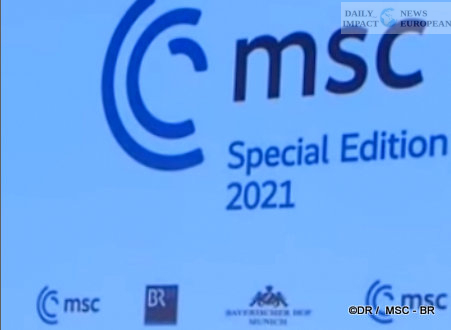
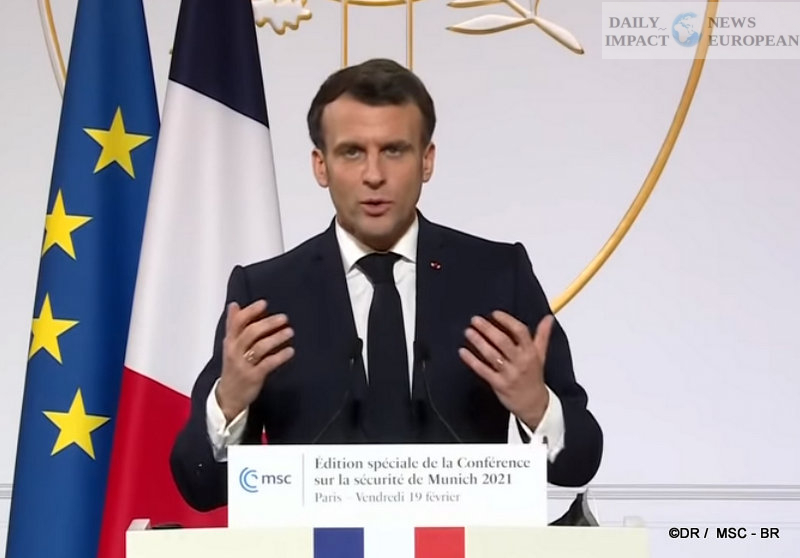
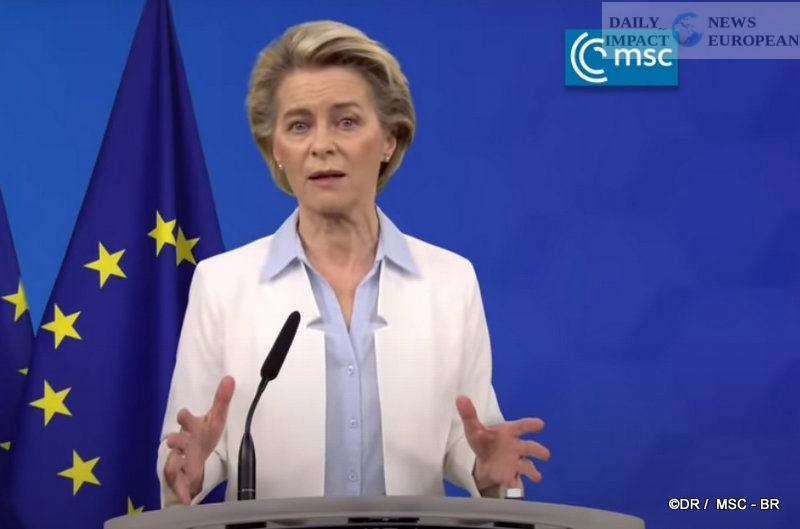
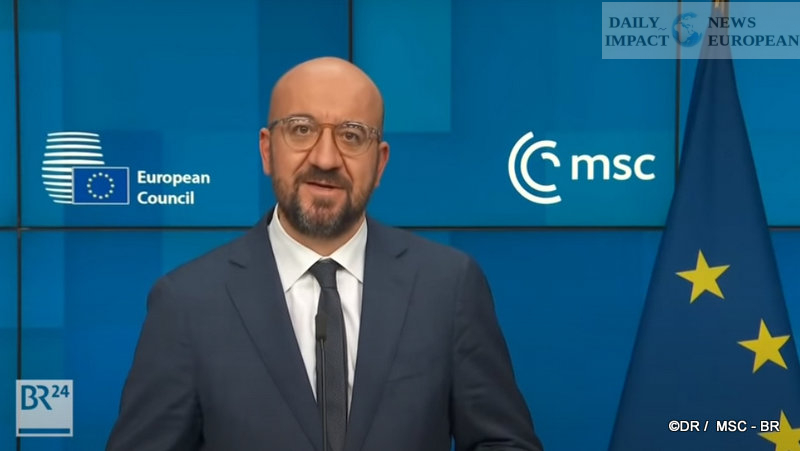
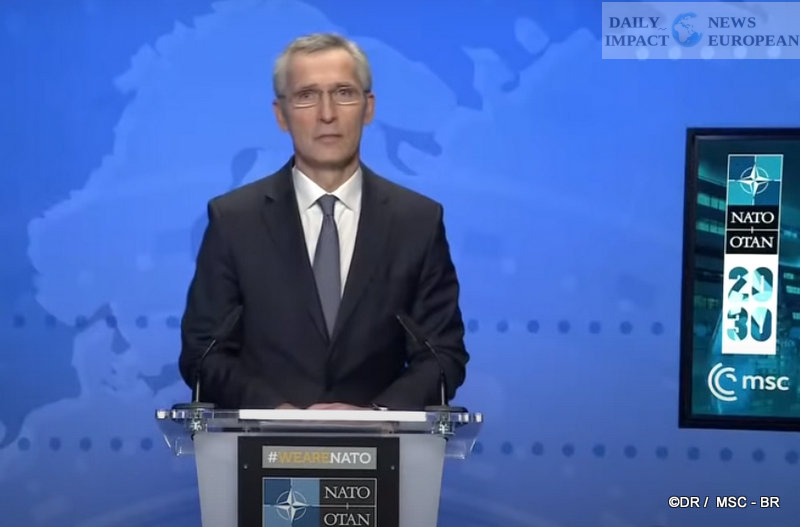
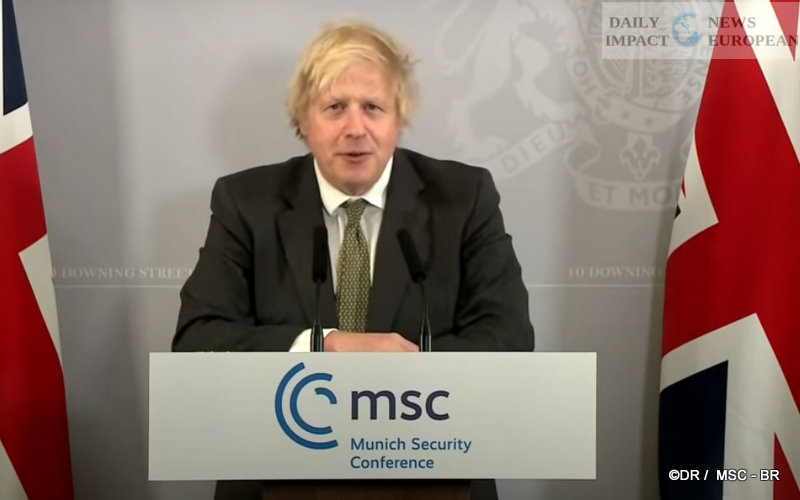
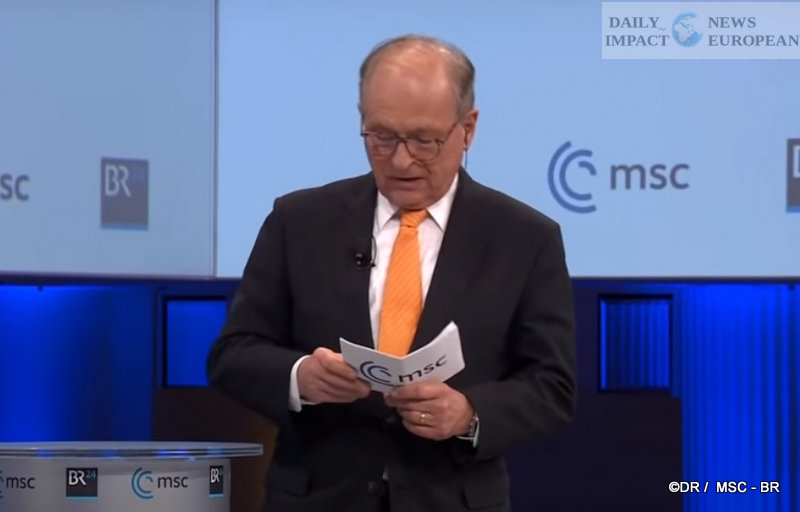
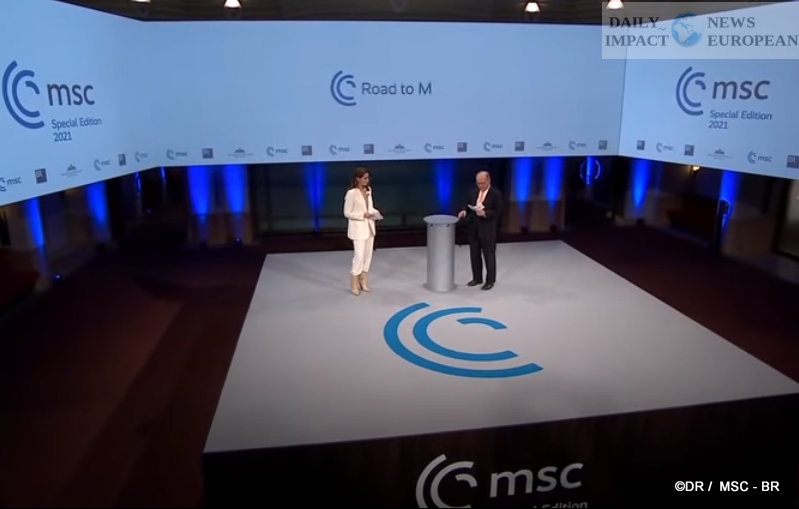
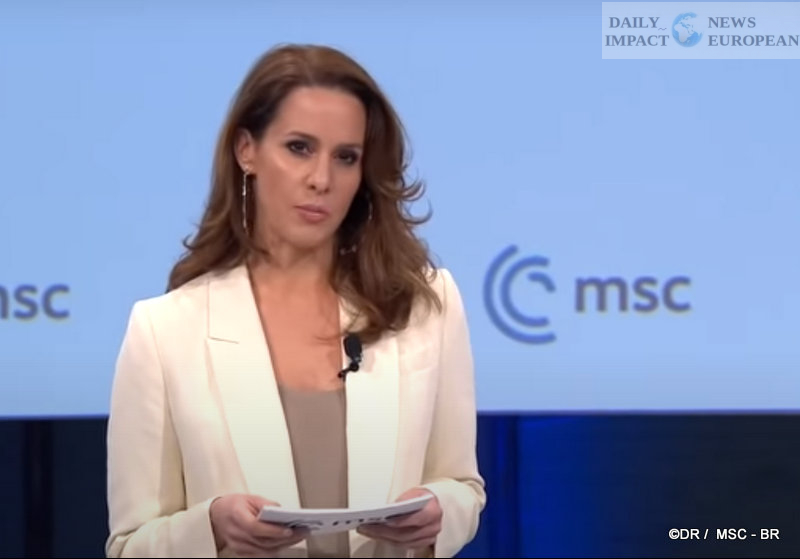
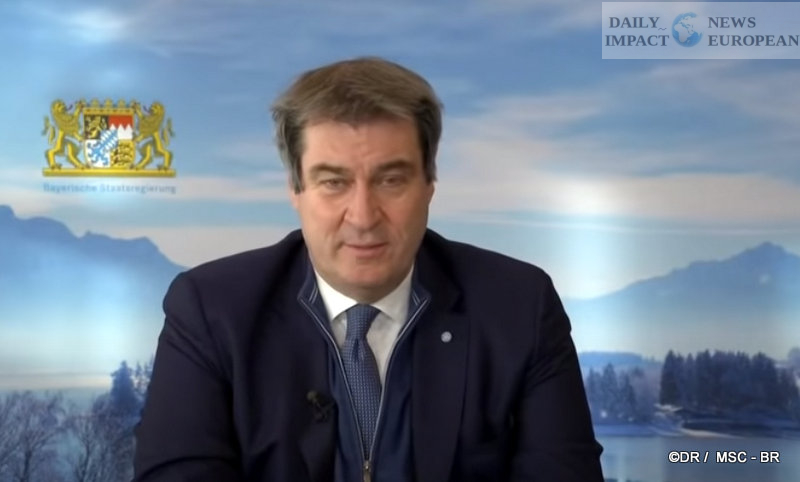
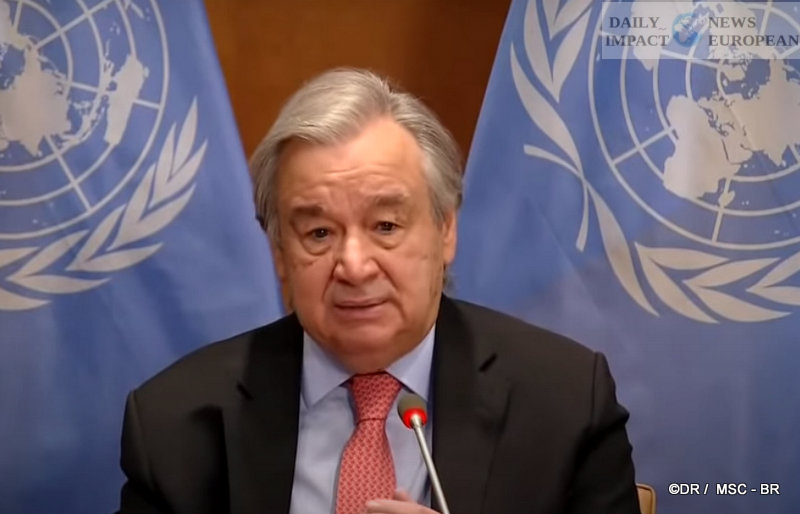
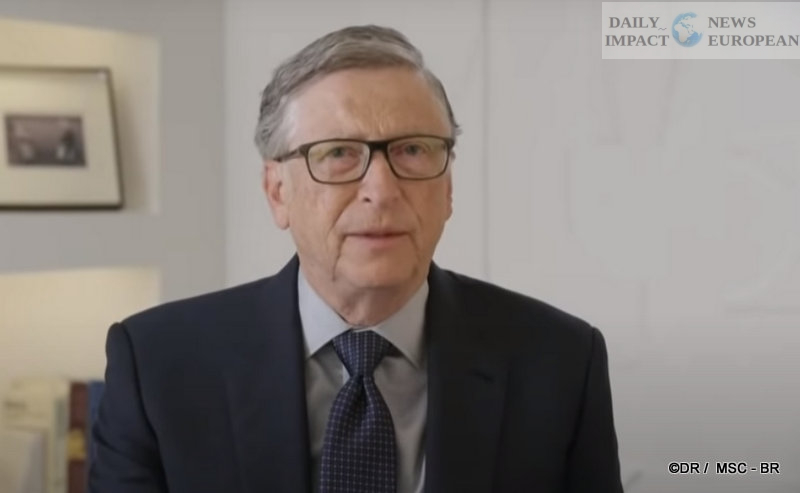
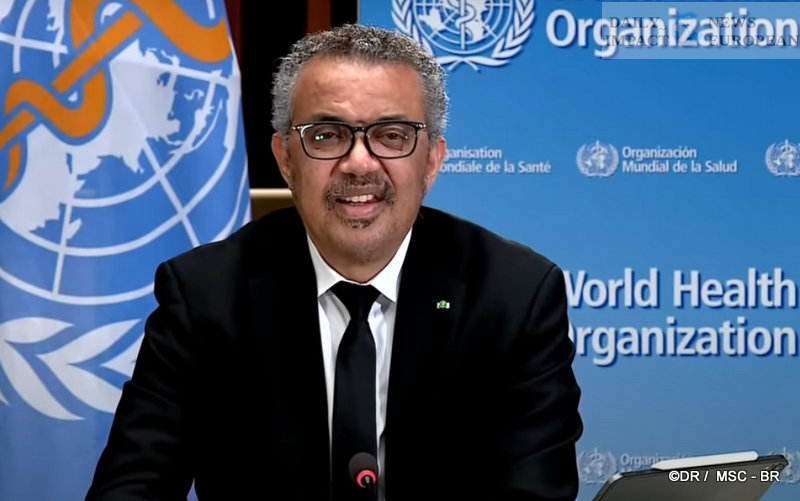
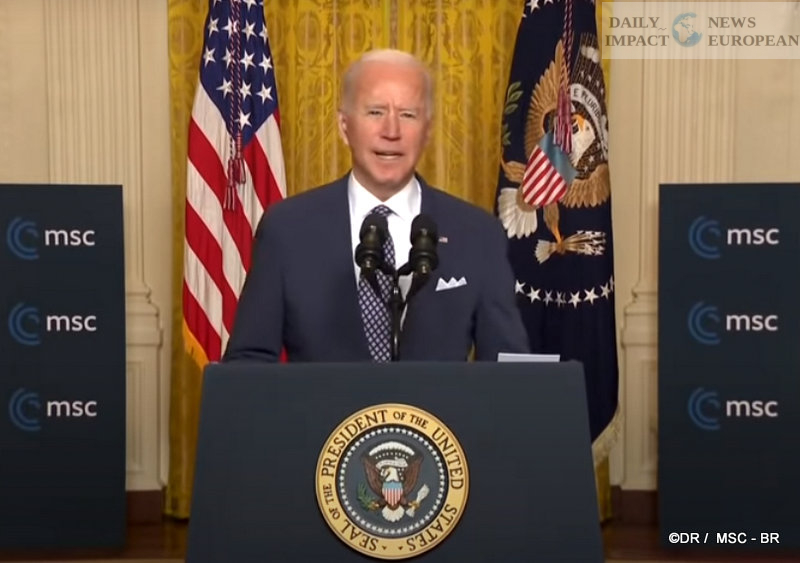
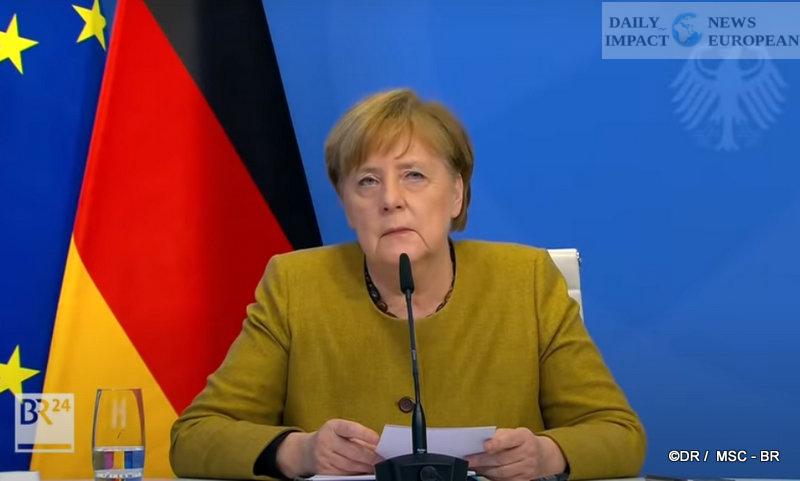
More Stories
Phenom 300E: The World’s Leading Light Jet for 14 Consecutive Years
Art Capital, 20 Years Already
Chers Parents Premieres in Paris